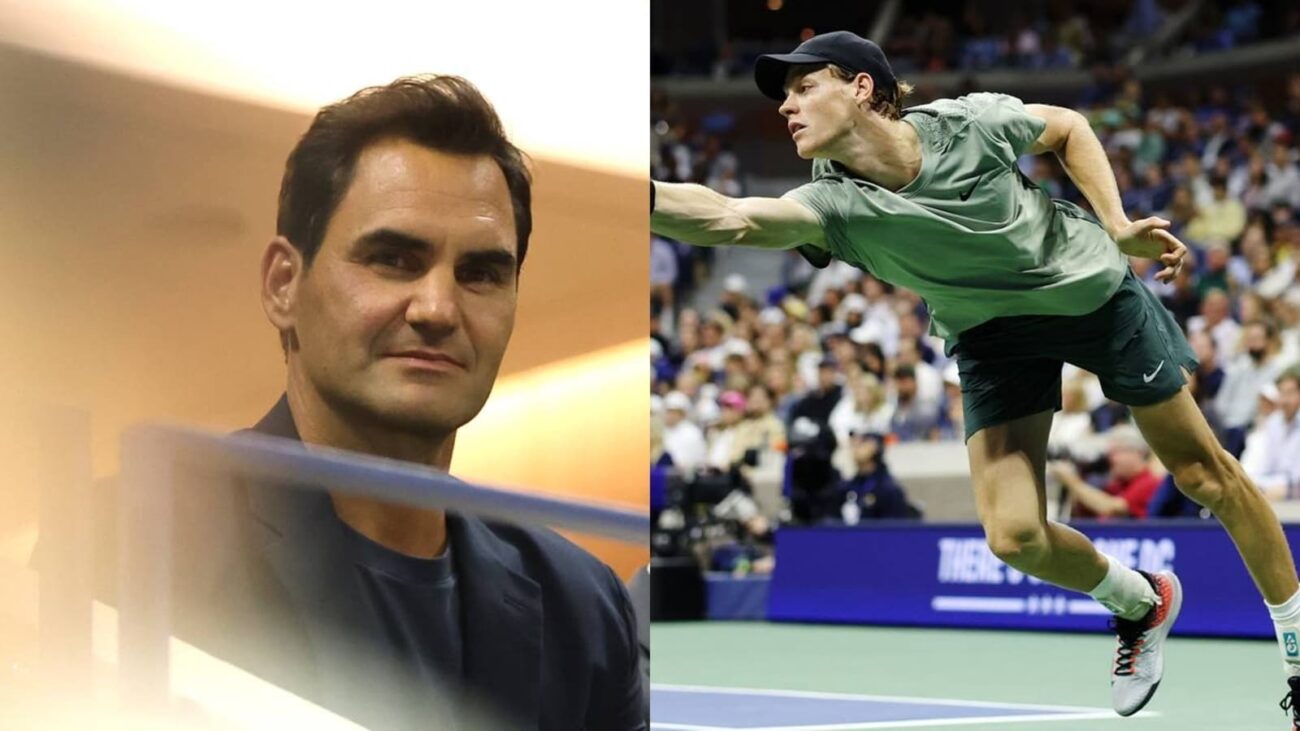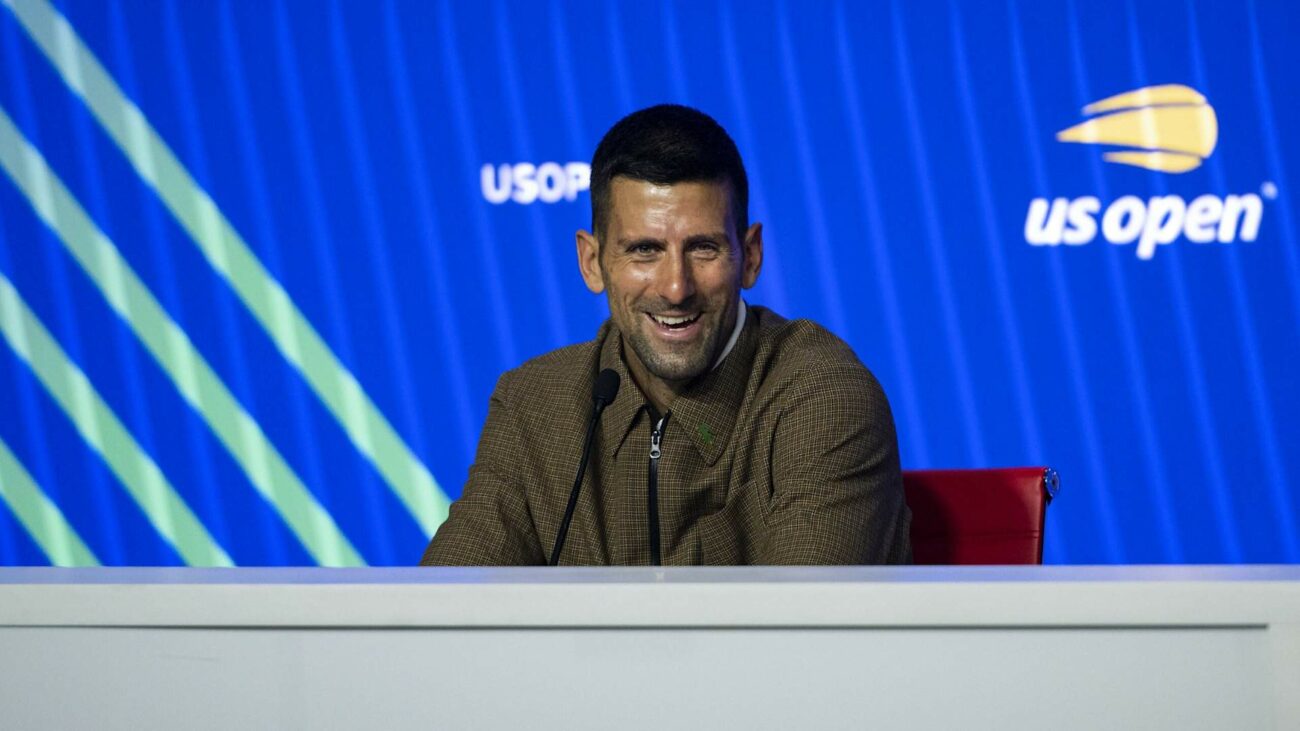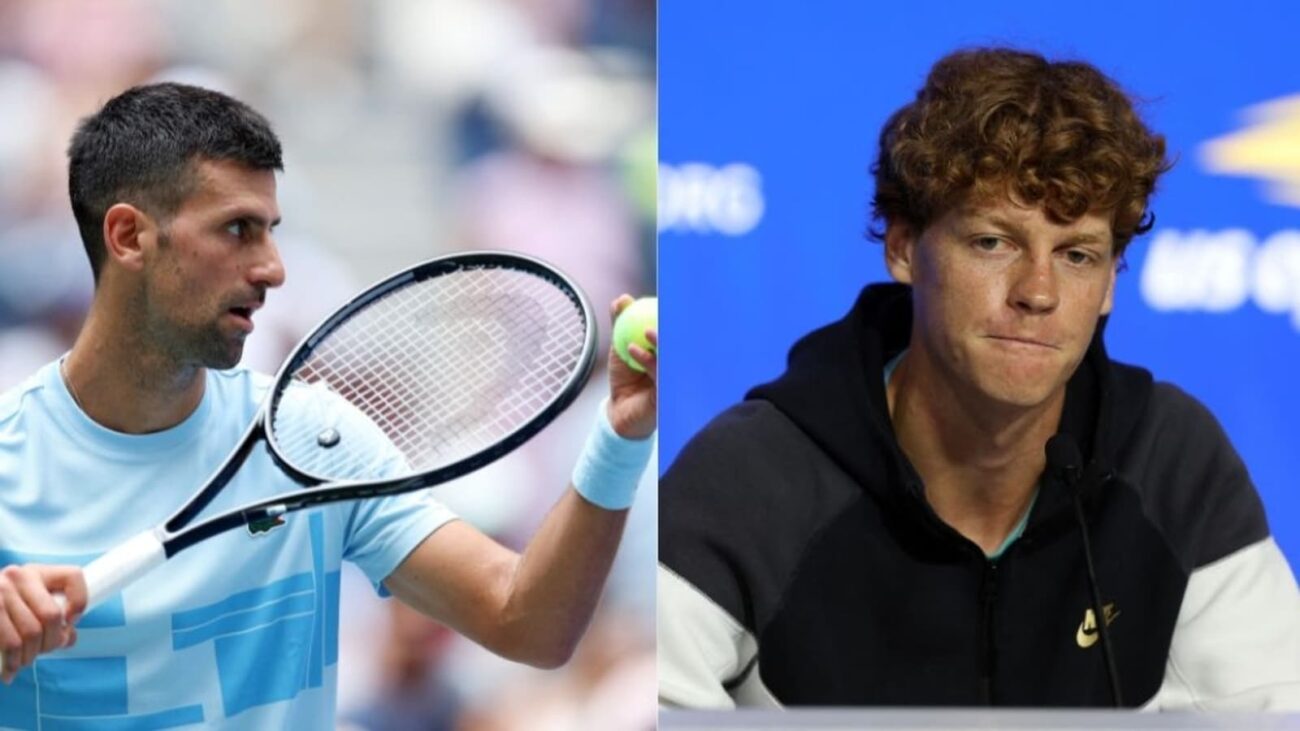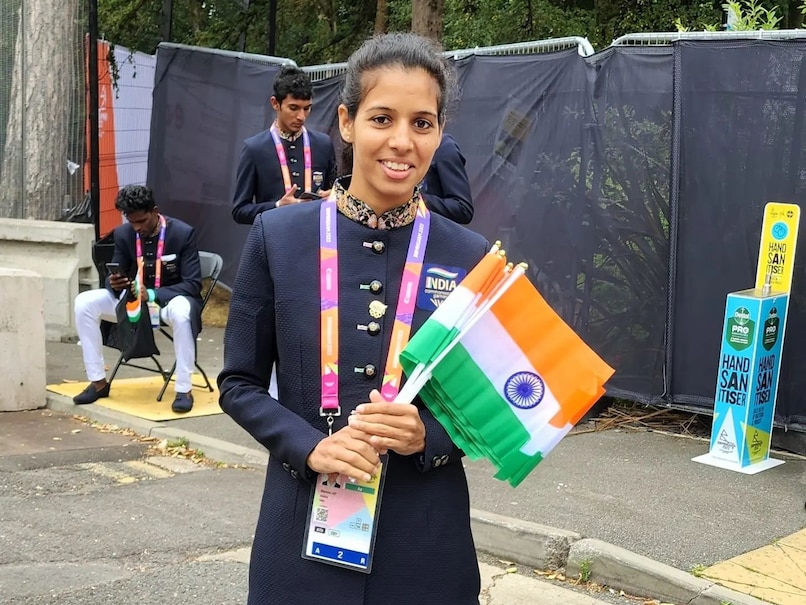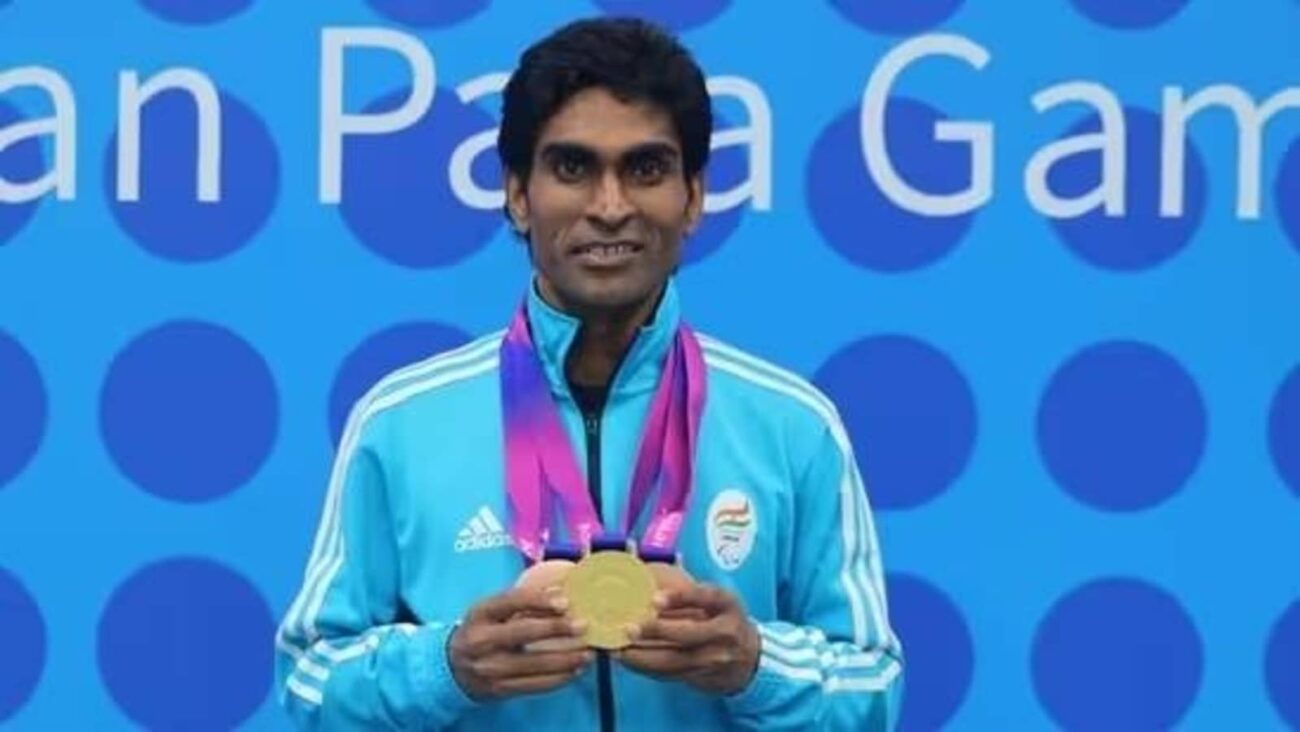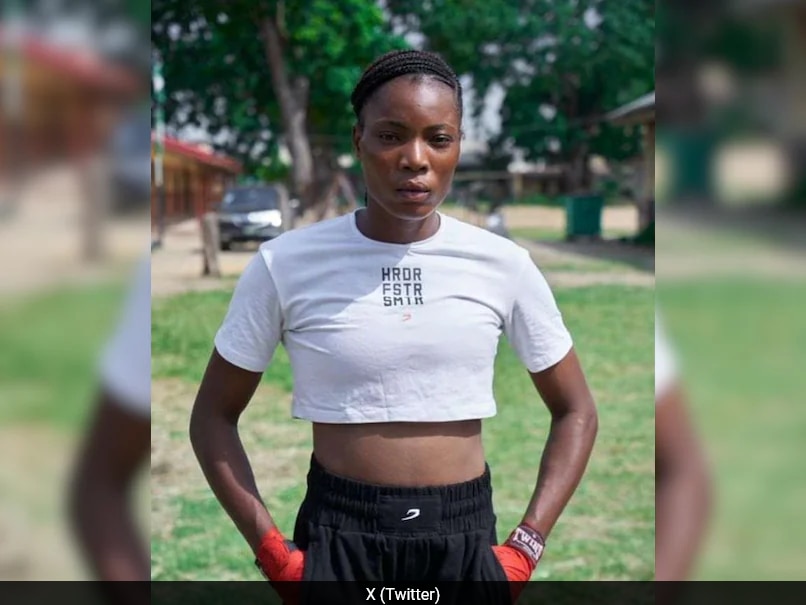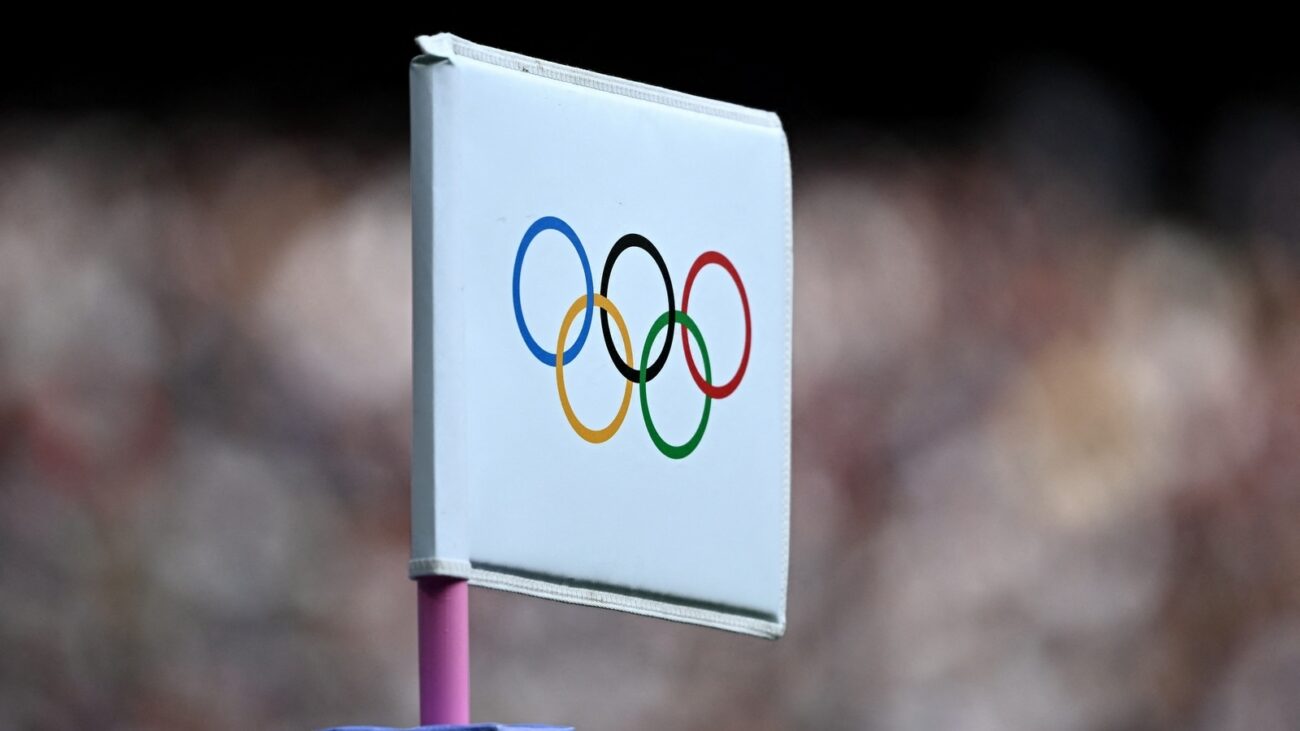Sinner Controversy Casts Shadow on US Open, Federer Raises Concerns
The ongoing US Open has been overshadowed by the controversy surrounding Italian world No. 1 Jannik Sinner’s positive tests for the banned substance clostebol. Despite undergoing a secret trial, Sinner has been allowed to compete, raising questions about the fairness of the process.
Tennis legend Roger Federer has expressed his concern over the negative impact such news has on the sport. “It’s not something we want to see in our sport, these types of news,” Federer said. “It’s just noise that we don’t want.”
Federer acknowledged the complexity of the situation, noting that athletes live with the constant fear of being tested. However, he emphasized the importance of consistency in the application of rules.
“I understand the frustration of, ‘Has he been treated the same as others?'” Federer said. “I think this is where it comes down to. I think we all trust pretty much that Jannik didn’t do anything, but the inconsistency potentially that he didn’t have to sit out while they weren’t 100 percent sure what was going on, I think that’s the question here that needs to be answered.”
Sinner’s coach, Darren Cahill, has highlighted the disparity in resources available to top-ranked players like Sinner compared to lower-ranked athletes. Sinner’s team was able to afford expert legal representation and scientific analysis to support his case.
Federer echoed these concerns, stating that “the inconsistency is the real issue.” He called for a fair and transparent process that ensures equal treatment for all athletes, regardless of their ranking or financial resources.
The Sinner case has raised important questions about the integrity of the sport and the fairness of the anti-doping system. Federer’s comments underscore the need for a consistent and transparent approach to ensure that the sport remains clean and fair for all.

